Module Three Goal: The goal of this module is to help participants think about how to choose among several different strategies when planning a policy advocacy campaign.
Learning Objectives
After completing this module, participants will be able to do the following:
- Describe and identify policy advocacy
- Explain the steps in the policy advocacy process
- Identify types and advantages of effective policy strategies
- Evaluate and choose when to use different strategies to effectively advance your policy
How to Use This Module
Each module of this manual is designed for use by a team of co-trainers with experience in interactive training and group facilitation. This module can be conducted as a stand-alone training workshop or can be combined with other modules into a customized training to meet the needs of the organization and community you are working with. Each training module includes a PowerPoint presentation with a brief interactive talk on the core topic or skill, a small group activity using real-life examples, and a facilitated discussion to apply what was learned and identify next steps. Supplemental materials are provided, as well as customizable templates to create your own.
Planning and Customizing
This training curriculum is designed to be customized for the specific community in which it is presented, building on community strengths. To use these modules most effectively, please consider the following:
- Adapt the introduction slides to reflect the organization(s) providing the training.
- Include community members who are experts on the community and/or policy area as part of the training team. The success of this program comes from drawing on this wealth of experience.
- Customize the photos in the module presentation to reflect the community and policy focus of the group participants.
- Develop policy scenarios that match the priority issues the community wants to address.
- If participant group is working on a specific policy issue, attend a group meeting to begin to establish a relationship, get a better understanding of the participants, and prepare the group for the upcoming workshop.
- Build on community strengths and resources, highlight individuals’ skills and knowledge, draw on social networks and relationships, and connect with existing community-based organizations.
Customizable PowerPoint Slides
Click here to access the customizable PowerPoint presentation.
The PowerPoint presentation provided will need to be customized to your organization and the issues you have chosen to highlight during the training. In addition, in some cases there are multiple activities to select from. Please be sure to review the presentation, customize the slides, and select activities as necessary prior to use.
Module Materials
You will need the following materials to conduct this module:
- Activity Instructions
- Participant handouts:
- Policy Advocacy Campaign Cycle diagram
- Advocating for Policy Change: Choosing Policy Change Strategies
- Pre-Developed Scenarios
- Blank Template
(including a customizable version)
- Optional Follow Up Activity
Instructions to customize these materials are available here: How to Customize Materials
Additional Materials Needed
In addition to the materials provided above, you will need the following:
- 8 Wall Posters (see Materials Preparation)
- Pens/pencils
- Markers
Materials Preparation Needed in Advance
- Create eight wall posters by writing each of the following strategies on separate pieces of large paper. Display on the walls at regular intervals, so small groups can gather around each strategy.
- CIRCULATE A PETITION
- ORGANIZE A PEACEFUL DEMONSTRATION
- CONDUCT VISITS WITH PUBLIC OFFICIALS
- GENERATE LETTERS OF SUPPORT AND MAKE A PRESENTATION TO THE CITY COUNCIL
- CREATE A MASS MEDIA CAMPAIGN (LETTERS TO THE EDITOR, SOCIAL MEDIA, PRESS CONFERENCE)
- MOBILIZE RESIDENTS TO SPEAK AT A PUBLIC HEARING
- ORGANIZE A TOWN HALL MEETING
- IDENTIFY, SUPPORT, AND ELECT LOCAL COMMUNITY MEMBERS TO PUBLIC OFFICE
Additional Resources
Sample ice breakers that can be used at the beginning of each workshop to introduce the workshop participants to each other and trainers, begin to build trust among workshop participants, and engage workshop participants in the materials. We have provided examples here, or perhaps you have ones that have worked well for you in the past.
Sample evaluation questionnaires for your reference, however, these materials do not comprise a comprehensive evaluation plan. You may need to adapt or supplement these materials to accomplish your evaluation goals.
Publications related to Detroit URC policy advocacy training
Attribution
When using the Advocating for Policy Change curriculum materials in any form, clear attribution is expected. The Advocating for Policy Change curriculum contains materials developed by the Detroit Urban Research Center and some resources originally developed or copyrighted by others. These items are used with permission and the original source is clearly identified. Advocating for Policy Change manual users may duplicate and use items as they appear in the curriculum for future policy advocacy trainings, with acknowledgement to the original author/source using the same citation as provided on the Advocating for Policy Change materials.
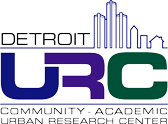



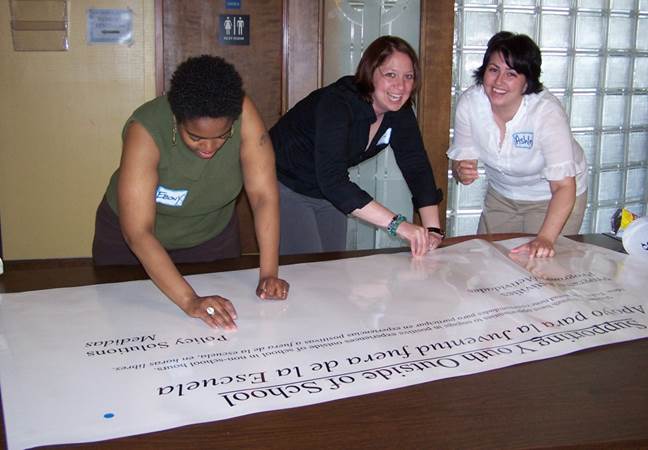
 I would like for trans women of color to have a way to share their narratives and to create a space for them to feel heard and respected. Often when programming is created, there's no regard or intent for trans women of color in Detroit because we are not given a seat at the table,” explained Racquelle Trammell, University of Michigan Research Assistant and member of the
I would like for trans women of color to have a way to share their narratives and to create a space for them to feel heard and respected. Often when programming is created, there's no regard or intent for trans women of color in Detroit because we are not given a seat at the table,” explained Racquelle Trammell, University of Michigan Research Assistant and member of the 









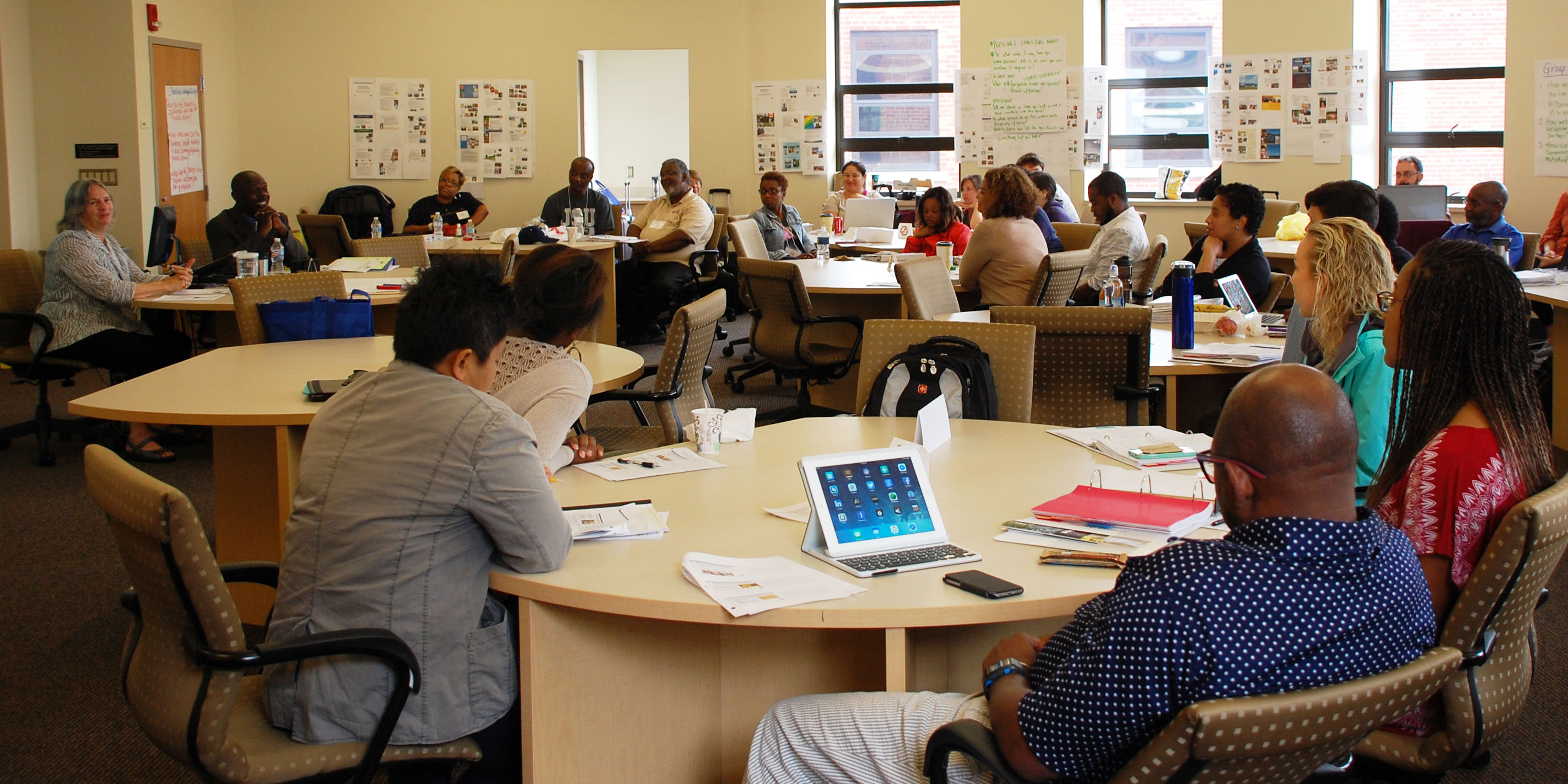
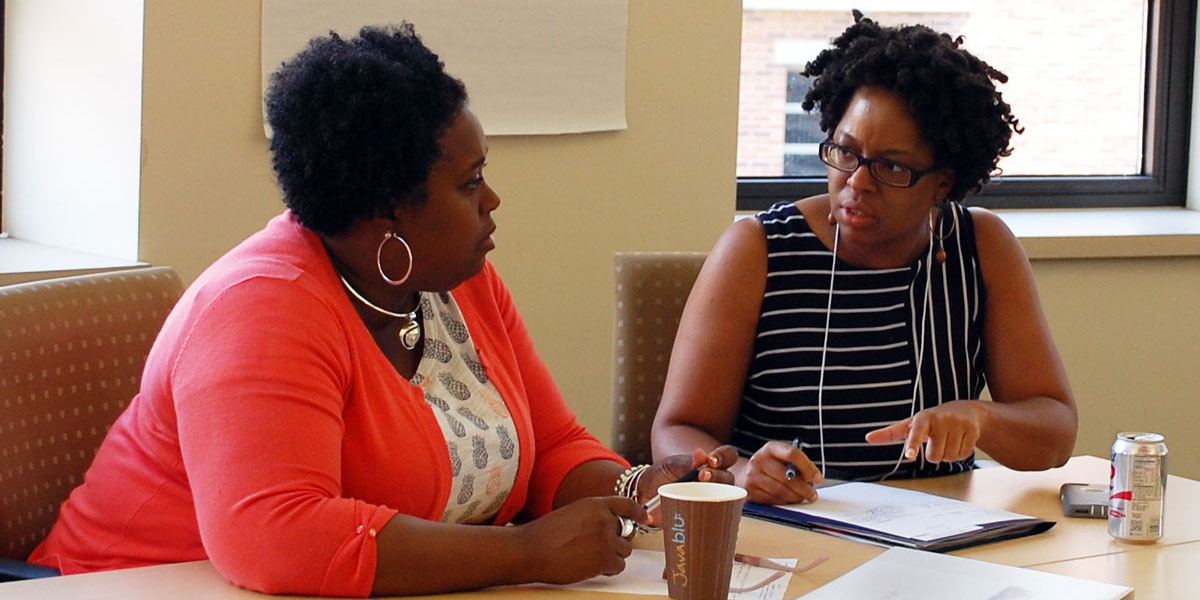


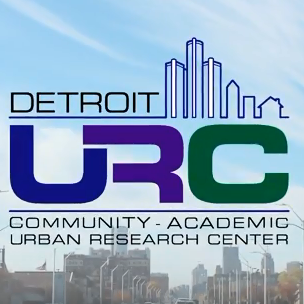


![[USE THIS] 2017 DWEJ logo_Horizontal](/cache/widgetkit/gallery/44/[USE THIS] 2017 DWEJ logo_Horizontal-64638c1e16.png)
